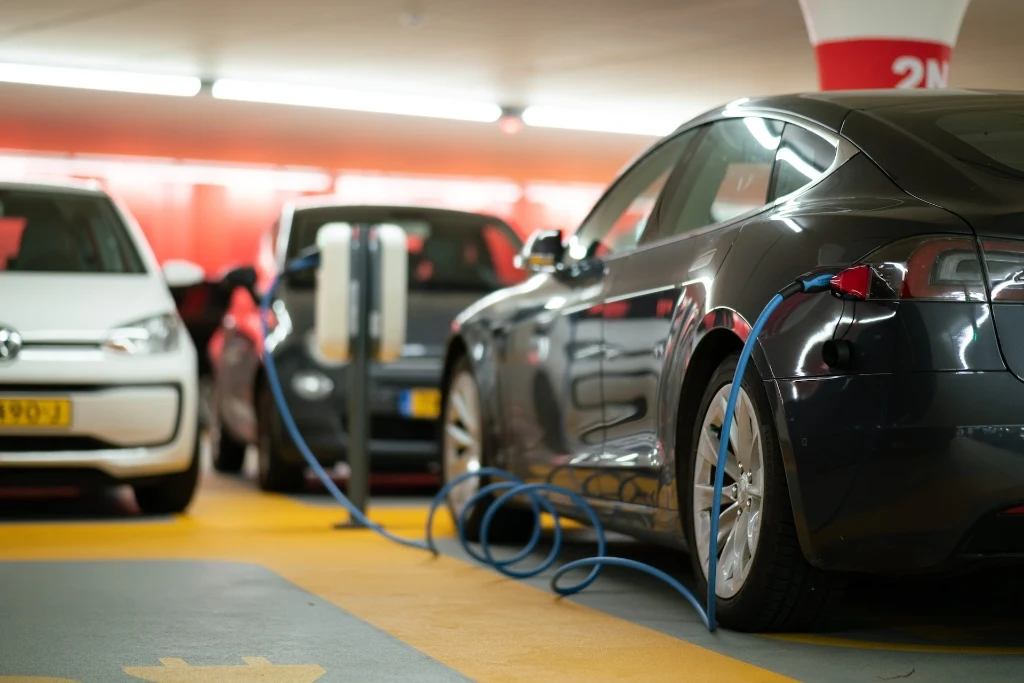
About 48,000 vehicles also come under the ambit of this increase. Analysts also say that in the year 2022, this enthusiasm in the automobile sector has been seen simultaneously across the country, which has also happened due to increase in demand and increase in purchases. Then let us know in the words of statistics. Tata Motors, the country's well-known car manufacturer, is still on top in the market due to Tata Motors EV car models.
Two of electric vehicles of Tata Motors – Nexon EV and Tigore EV have 86% market share. These two e-Cars are top among electric vehicles. It is followed by MG's ZS EV with 9% market share and Hyundai's Kona with 1.6% share. All these cars are on second and third position respectively. Tata Motors has launched Tata Tiago EV, the country's lowest priced electric car.
India’s top car maker, Maruti Suzuki, will focus on manufacturing hybrids and alternative fuel cars in 2023. It has unveiled its first electric SUV, to be launched in 2025. Hyundai, second after Maruti in the Indian car market, made its second electric SUV — IONIQ 5.
Speaking on EV retail sales in April 2023, the first month of the new fiscal year 2024, have risen by 41% year on year to 109,283 units (April 2022: 77,493 units). This data, sourced from Vahan (as of 8.30 pm, April 30, 2023) makes April the seventh month in a row that overall EV sales in India have crossed the 100,000-unit mark. Vahan is e-governanance portal that provides a nationwide search over the digitized data of Registered Vehicles across India.
While April 2023 retails are better than those in January 2023 (102,709 units) and February 2023 (107,039 units), they are down 28% on March 2023’s 140,541 units.
















 IndianWeb2.com is an independent digital media platform for business, entrepreneurship, science, technology, startups, gadgets and climate change news & reviews.
IndianWeb2.com is an independent digital media platform for business, entrepreneurship, science, technology, startups, gadgets and climate change news & reviews.



